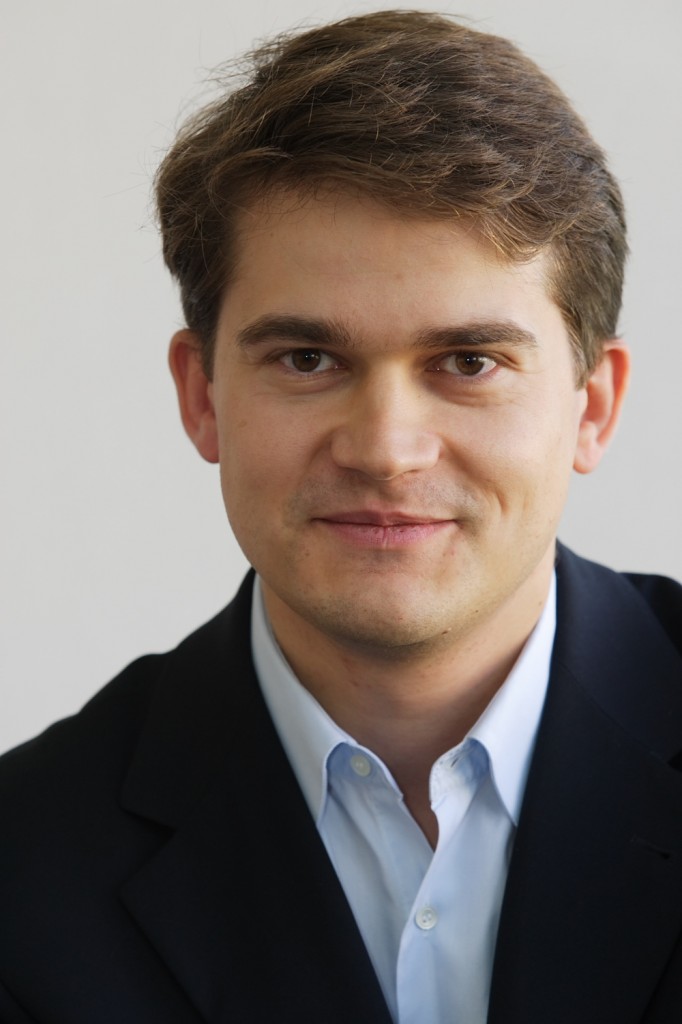ITER NEWSLINE
31
Committed to build ITER
François Gauché is the Director of the Agence ITER France (AIF).

Francois Gauché, director of the Agence Iter France.
In regards to the site preparation, the area called "Company Area Number 1" is finished and fully operational. It has a capacity of 400 and we will reach this level by the end of the year. If needed, it can be extended to 800. Currently there are two major users of these facilities: the company Valerian who is in charge of the site levelling works and in a few weeks from now CARI will move in starting on the hydraulic network.
The works for the modular office building of the Joint Worksite 2 for the ITER staff are on-going, the foundations for these new provisional office buildings can already be seen. Work is on schedule and we will be ready to deliver the new offices holding 300 people by October. Also we are working on the 15 kV line, the temporary power supply loop for the company area and the work site. In a few weeks, in June, we will also deliver the temporary Training and Visitor's Centre to the ITER Organization. Also widely visible, of course, are the site levelling activities which have increased in pace. We are currently working in two shifts, starting at 4:00 am and ending 10:00 pm. For the rocks we now use explosives, first tests began last week, with further mining continuing until the end of September.
Why are we doing all this? During the French candidature for ITER, France committed to provide the site with the facility installed, to build an International School in Manosque and to provide a special itinerary for the transport of the very large componenents. Europe too made its commitments. The tokamak platform for example is 15 % French and 85 % European commitment. Because there were obvious synergies, the European Commission, now Fusion for Energy (F4E), decided to delegate these works to us.
Our goal is to hand over a developed site to the IO over the next two or three years, beginning with the area around JWS2 with a separate entrance. This will be followed by the platform once the levelling is finished, and by 2010-2011, the annex buildings that will include the ITER Headquarters.
But we do not only develop the site for ITER, we also help with the French administration and regulation. We can provide valuable help, as recently done with the Construction Permit, the submission of the Safety files, or as we have been doing with the visa ITER, an accelerated visa service provided by the Welcome Office for ITER staff or visiting researchers to ITER. Summarizing, our motto is quite simple: We try to help ITER as much as possible.
François Gauché is the Director of the Agence Iter France (AIF). He started his career as an engineer in a European environment, first at the Max Planck Institute of Meteorology in Hamburg, then for BMW in Munich in the Division of Large Engine Development, before joining the ALSTOM Train Services Group in Preston (1997/1999). He next joined the Regional Direction of Industry, Research and Environment in Alsace (2000) as Head of the local Nuclear Safety Authority Division. In 2004, he went on to lead the Accelerator Project for research in radio-chemistry and oncology (Arronax) at the Subatech Laboratory (a joint partnership between the CNRS, the University of Nantes and the Ecole des Mines de Nantes, France). In October 2006, he became the Director of the Agence ITER France.
return to Newsline #31


